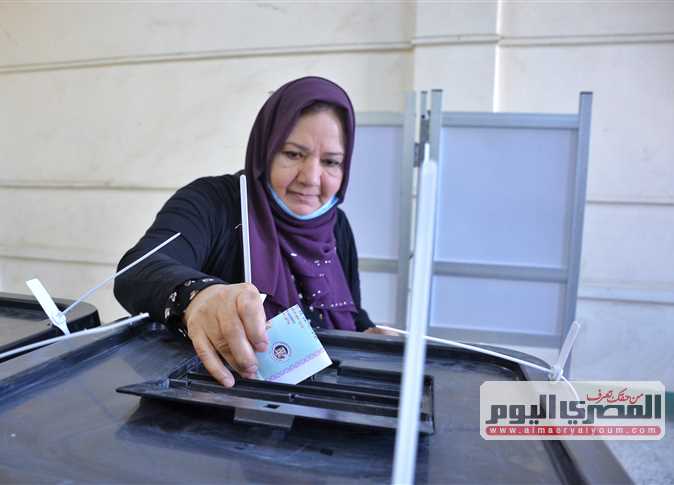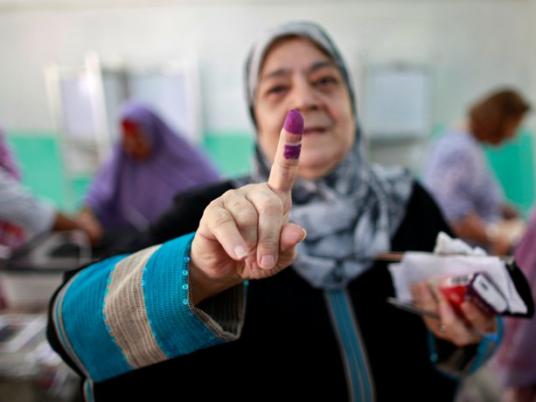Authorities have tentatively scheduled the presidential election for the first week of June, independent newspaper Al-Shorouk reported Wednesday.
Election authorities will receive candidacy applications from 10 March until early April, with the week following devoted for challenges against nominations. About two months of campaigning will follow, according to the preliminary plan, Al-Shorouk said.
Last week, the ruling Supreme Council of the Armed Forces said applications would be accepted beginning on 10 March. Observers believe the move was an attempt to mitigate political tensions.
Revolutionary groups describe the decision as meaningless and argue it does not shorten the transitional period, which the council previously promised would end by July. Activists and revolutionary groups dissatisfied with SCAF's management of the country have been pressing the council to hasten the transfer of power to a civilian president.
Several activist groups and student and labor unions have announced plans to participate in a general strike beginning on 11 February, which marks the first anniversary of the resignation of President Hosni Mubarak. The strike aims primarily to speed up the power handover.
The High Judicial Elections Commission, chaired by Supreme Constitutional Court head Farouk Sultan, held its second meeting Wednesday to formulate its final vision of the electoral process, according to Al-Shorouk.
Before opening the nomination process, the commission will present the format of the candidacy authorizations required for independent candidates, the newspaper said.
Independent presidential candidates, according to the law, are required either to gather authorizations from 30,000 citizens from 15 provinces or documented support of 30 MPs from both chambers of Parliament. Either form will be documented at Justice Ministry-run notary offices.
In its next meeting, the commission will decide on the possibility of allowing citizens to vote outside their respective constituencies. The idea is creating a controversy given the absence of real guarantees that voters will not vote in more than one polling station.




